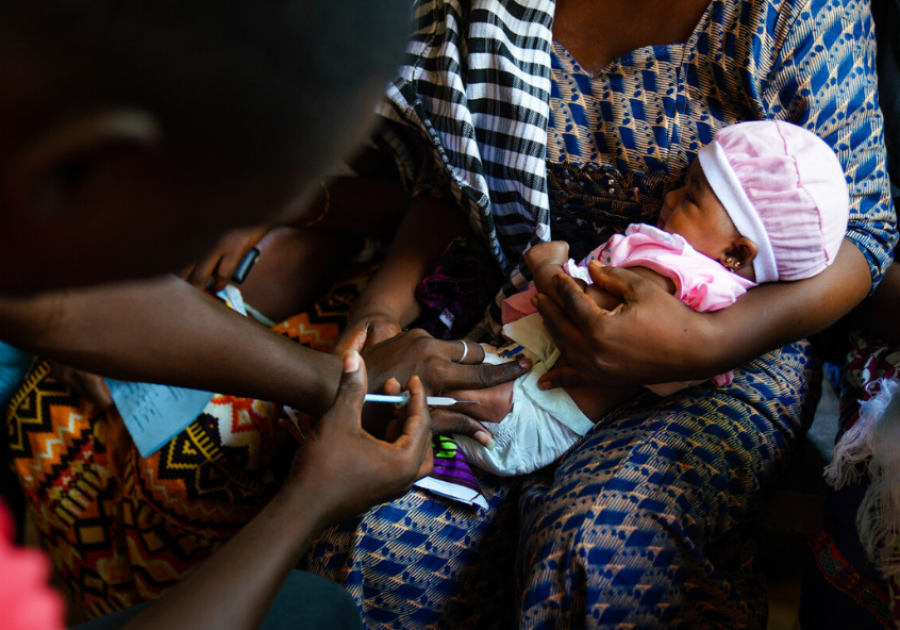
To mark World Pneumonia Day on 12 November, we spoke to epidemiologist, modeller and CMMID member Kevin van Zandvoort who is working to improve pneumococcal vaccination strategies in humanitarian settings.
He talked about his research which used mathematical modelling to compare the likely impact of different PCV campaigns. They conducted a survey in a camp for internally displaced people in Somaliland to collect data on how people were mixing with each other, their movements in and around the camp, and who was carrying pneumococcus. While Somaliland is a safe country not affected by conflict, there are a large number of internally displaced persons due to drought and food insecurity.
Preliminary results show that the majority of the impact of a PCV campaign in these settings comes from indirect protection. This means that by interrupting transmission, vaccination prevents new infections, deaths and disease. So, to have the most impact, a PCV campaign should target not only the children most at risk of severe disease (those aged under two), but especially those who drive transmission (mainly older children, those aged two to five and five to 10).
They estimate that campaigns targeting only the children most at risk, which follows the current WHO guidelines, are both less effective and less efficient than campaigns targeting at least all under-fives.
LSHTM's short courses provide opportunities to study specialised topics across a broad range of public and global health fields. From AMR to vaccines, travel medicine to clinical trials, and modelling to malaria, refresh your skills and join one of our short courses today.
